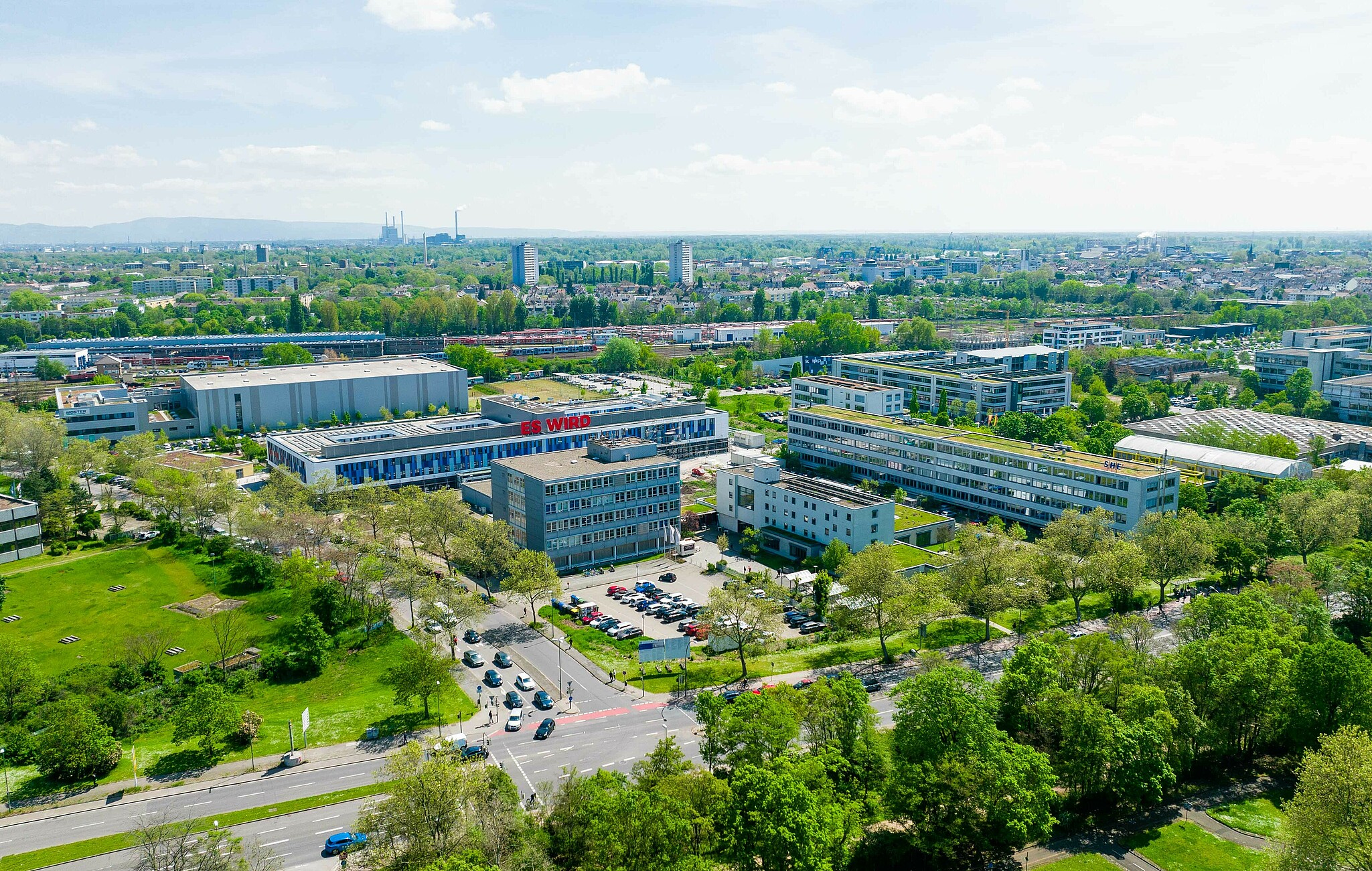The go-ahead has been given for the two research projects SmartGrape and PINOT. On May 10, Federal Minister Julia Klöckner handed over the funding decisions to the eleven partners. "Digitalization has long since arrived in viticulture. With targeted research funding, we are advancing important innovations in the field of artificial intelligence," explained the Federal Minister. The Federal Ministry of Food and Agriculture (BMEL) is funding the two projects with over four million euros. Grape production and winemaking are to be supported by new methods of artificial intelligence.
SmartGrape: A new measuring system for determining the quality of grapes brings artificial intelligence to viticulture
Winegrowing associations are establishing new quality pyramids for wine. Consumers must become more aware of the origin of grapes. This rethink requires new methods of analysis in order to objectively assess the quality of grapes in terms of origin. While Kabinett and Spätlese grapes can be determined by must weight, grapes with protected designations of origin require innovative analysis methods that can unequivocally classify the quality and authenticity of grapes from specific origins.
The aim of SmartGrape is to develop and establish a measuring system in the mid-infrared range (MIR) for grapes. The known measurement system uses a novel calibration procedure based on artificial intelligence (AI) methods. Hundreds of signals of quality-determining grape constituents are placed in the quality context of the wine product.
The AI-based measurement method will be used to analyze the quality and authenticity of grapes, but also to record quality changes across vintages in order to record the effects of climate change. The research project focuses on determining the relationship between the influence of vineyard location (terroir), the composition of grapes and the quality of wines.
The project partners are:
- Fraunhofer Institute for Process Engineering and Packaging (IVV)
- Service Center for Rural Areas (DLR) Rheinpfalz / Wine Campus Neustadt
- IRPC Infrared-Process Control GmbH
- QuoData Gesellschaft für Qualitätsmanagement und Statistik mbH
- LiquoSystems GmbH
The project manager and technical contact at the Neustadt Wine Campus is:
Prof. Dr. Dominik Durner(dominik.durner@ 8< SPAM protection, please remove >8 hs-kl.de).
PINOT: Projectfor the development of artificial intelligencefor oenology and technologyin viticulture
The PINOT project is researching the use of artificial noses to analyze the quality of wine. The aim is to support winemakers, cellar masters and wine merchants in collecting important data on their wines. Despite its great importance, wine aroma can only be measured analytically during production and in the trade with a great deal of effort. Yet wine aroma is a decisive quality factor for wine. Expensive gas chromatographs and well-trained personnel are required.
The artificial nose is a new type of analysis system that can detect aroma signals in a matter of seconds. Developments in recent years mean that relatively simple methods will in future go far beyond what is currently known in sensor technology. For quality assurance, traceability, sustainability and ensuring the authenticity of wine, it will become increasingly important to link information from producers with quality-relevant wine aroma data. The aim is to reflect human sensory impressions such as taste, aroma and appearance as accurately as possible.
The project partners are:
- Dienstleistungszentrum Ländlicher Raum (DLR) Rheinpfalz / Weincampus Neustadt
- Birkenfeld Environmental Campus of Trier University of Applied Sciences
- Fraunhofer Institute for Integrated Circuits (IIS)
- Genie Enterprise Inc.
- Wille Engineering
- Vineyard Cloud GmbH
- Winery Lergenmüller Gbr.
The project manager and technical contact at the Weincampus Neustadt is:
Prof. Dr. Dominik Durner(dominik.durner@ 8< SPAM protection, please remove >8 hs-kl.de).




